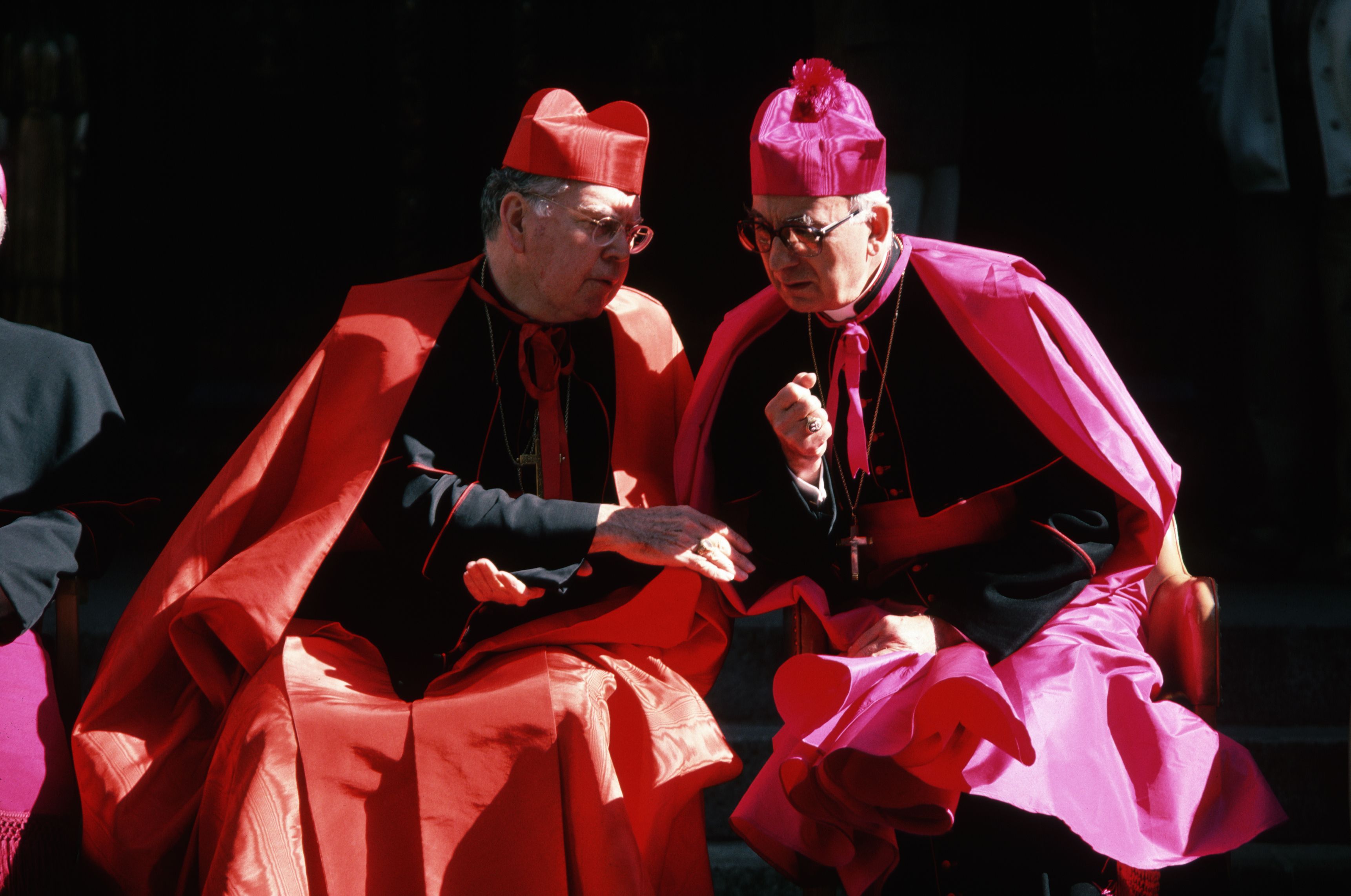
Key Highlights:
- Polymarket bettors miscalculated predictions regarding the recent papal conclave, with Robert Francis Prevost emerging victorious despite an estimated 1% chance of winning.
- This incident raises questions about the reliability of betting markets like Polymarket compared to traditional polls.
Bettors on the crypto betting platform Polymarket had previously established a solid track record against mainstream bookies. However, the unexpected conclusion of the recent papal conclave caught many off guard on Thursday.
The unexpected winner, Robert Francis Prevost, wasn’t among bettors’ anticipated frontrunners; with only a 1% chance of succeeding the Pope. In contrast, Cardinal Pietro Parolin led the predictions at 28%.
With over $28 million in wagers placed on other candidates, many bettors faced severe losses as a result.
This situation calls into question the presumed higher accuracy of betting platforms like Polymarket over more conventional polling methods.
Polymarket offers users a range of betting options from sports events to political outcomes. Unlike regular betting establishments that set odds based on analysis, Polymarket reflects real-time betting activities of its users.
In prior instances, such as in November, Polymarket gained media attention when they assigned Republican candidate Donald Trump more favorable odds than traditional sources regarding the presidential race.
Koleman Stumpf, an economics professor at Wake Forest University, remarked that Polymarket appeared to be encapsulating the views of informed investors effectively. According to historical assessments, Polymarket has achieved a 90% accuracy rate in predicting various global events.
What Went Incorrectly?
The faulty predictions stem from the inherently unpredictable nature of papal conclaves, as noted by Domer, a key bettor on Polymarket:
“It’s like walking into a store that doesn’t communicate with the outside world. Not even the participants themselves would probably know how to handicap it.”
Domer implied that due to the uncertainty surrounding such bets, bettors often rely on the insights from media coverage and traditional betting establishments, thereby aligning their guesses with mainstream betting markets like Betfair.
Furthermore, the relative rarity of papal conclaves also adds to the complications, as Pope Francis became the previous pope in 2013, long before the existence of blockchain-based platforms such as Polymarket. Most individuals on Polymarket likely lack any betting experience related to such events.
In political elections, the odds on Polymarket have typically correlated more closely with actual results, attributed to its frequent occurrence and established understanding within the public.
Domer described achieving an advantage in betting on the papal conclave by betting against candidates perceived to have excessive odds rather than simply selecting the right contender. He noted that the high odds of favorites like Parolin and Luis Antonio Tagle were largely based on their popularity rather than substantiated reasoning.
Read more: Polymarket is 90% Accurate in Predicting World Events: Research




